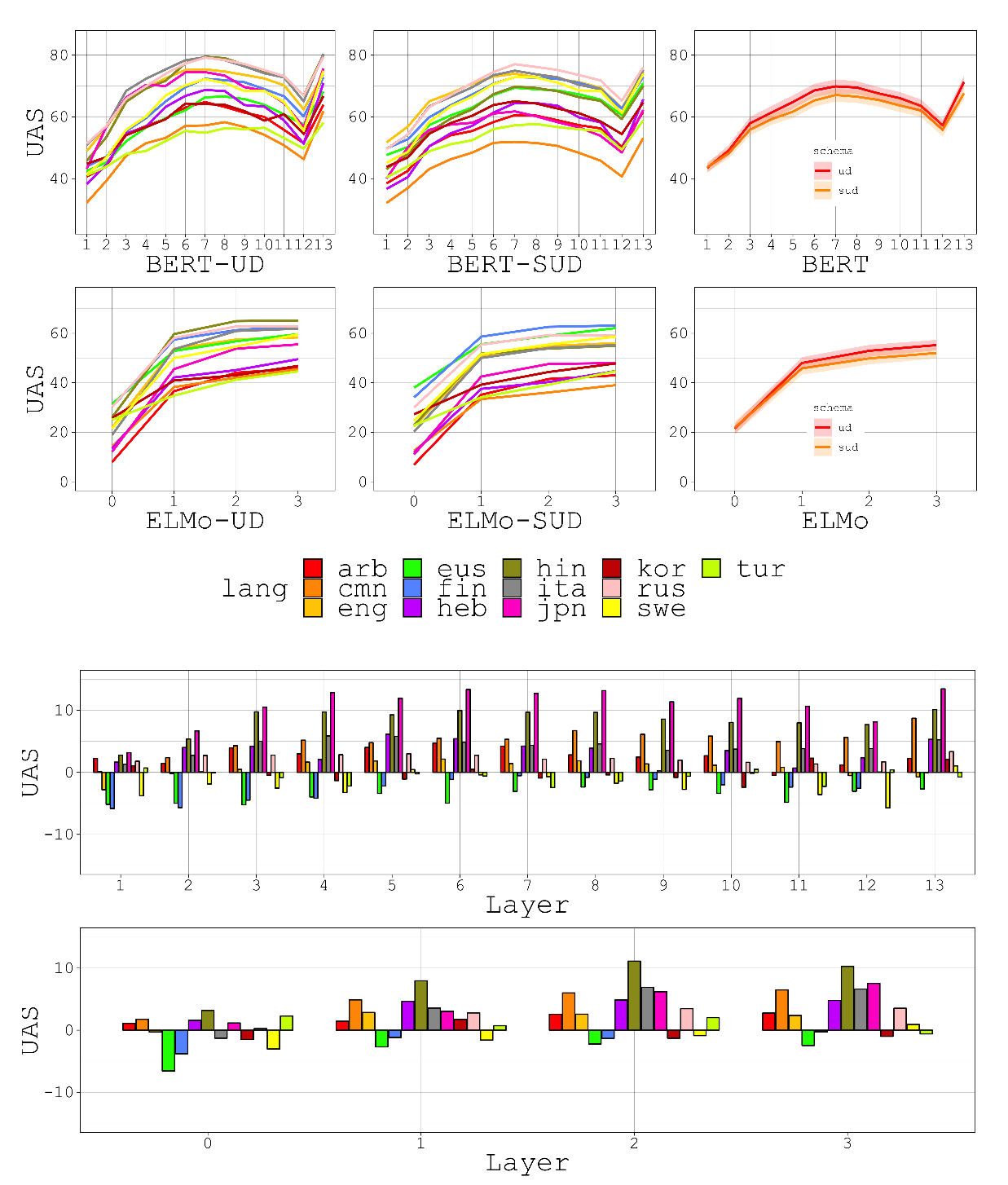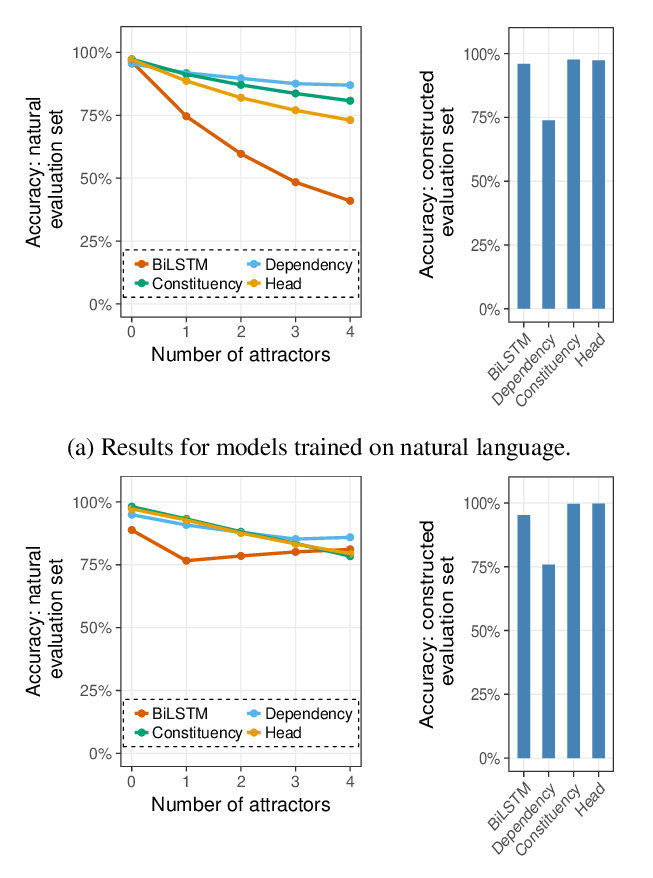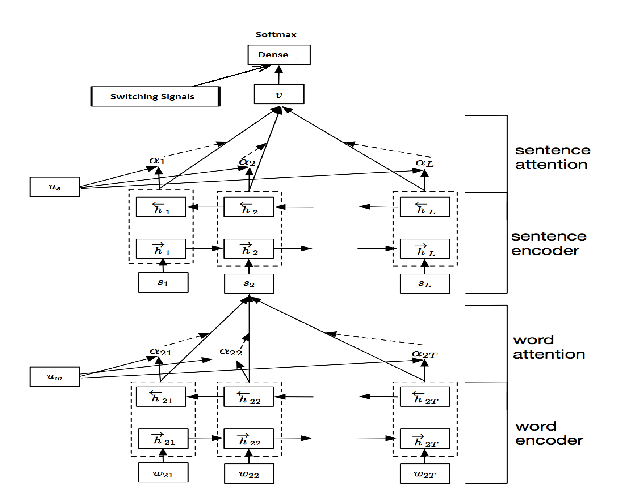pyBART: Evidence-based Syntactic Transformations for IE
Aryeh Tiktinsky, Yoav Goldberg, Reut Tsarfaty
System Demonstrations Demo Paper
Demo Session 2C-1: Jul 6
(09:30-10:30 GMT)

Demo Session 5A-1: Jul 6
(20:00-21:00 GMT)

Abstract:
Syntactic dependencies can be predicted with high accuracy, and are useful for both machine-learned and pattern-based information extraction tasks. However, their utility can be improved. These syntactic dependencies are designed to accurately reflect syntactic relations, and they do not make semantic relations explicit. Therefore, these representations lack many explicit connections between content words, that would be useful for downstream applications. Proposals like English Enhanced UD improve the situation by extending universal dependency trees with additional explicit arcs. However, they are not available to Python users, and are also limited in coverage. We introduce a broad-coverage, data-driven and linguistically sound set of transformations, that makes event-structure and many lexical relations explicit. We present pyBART, an easy-to-use open-source Python library for converting English UD trees either to Enhanced UD graphs or to our representation. The library can work as a standalone package or be integrated within a spaCy NLP pipeline. When evaluated in a pattern-based relation extraction scenario, our representation results in higher extraction scores than Enhanced UD, while requiring fewer patterns.
You can open the
pre-recorded video
in a separate window.
NOTE: The SlidesLive video may display a random order of the authors.
The correct author list is shown at the top of this webpage.
Similar Papers
Do Neural Language Models Show Preferences for Syntactic Formalisms?
Artur Kulmizev, Vinit Ravishankar, Mostafa Abdou, Joakim Nivre,

Universal Decompositional Semantic Parsing
Elias Stengel-Eskin, Aaron Steven White, Sheng Zhang, Benjamin Van Durme,

Representations of Syntax [MASK] Useful: Effects of Constituency and Dependency Structure in Recursive LSTMs
Michael Lepori, Tal Linzen, R. Thomas McCoy,

Code-Switching Patterns Can Be an Effective Route to Improve Performance of Downstream NLP Applications: A Case Study of Humour, Sarcasm and Hate Speech Detection
Srijan Bansal, Vishal Garimella, Ayush Suhane, Jasabanta Patro, Animesh Mukherjee,
